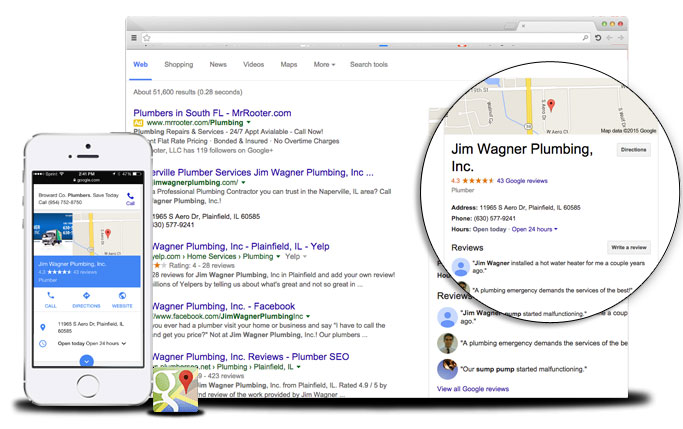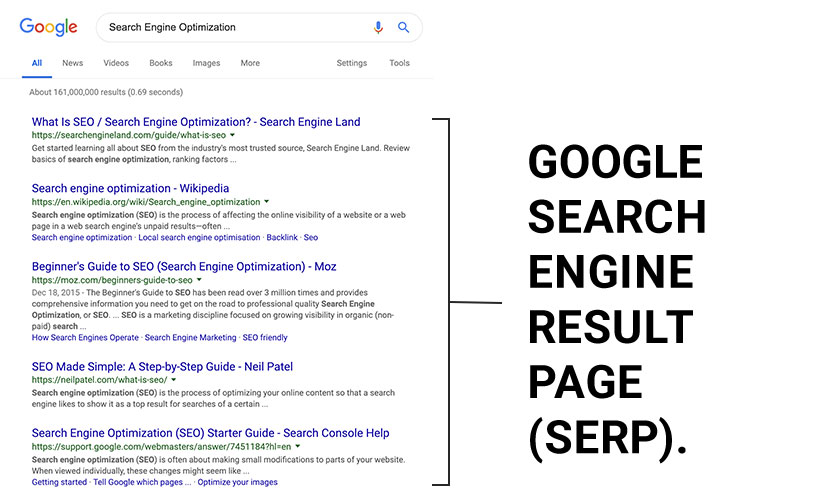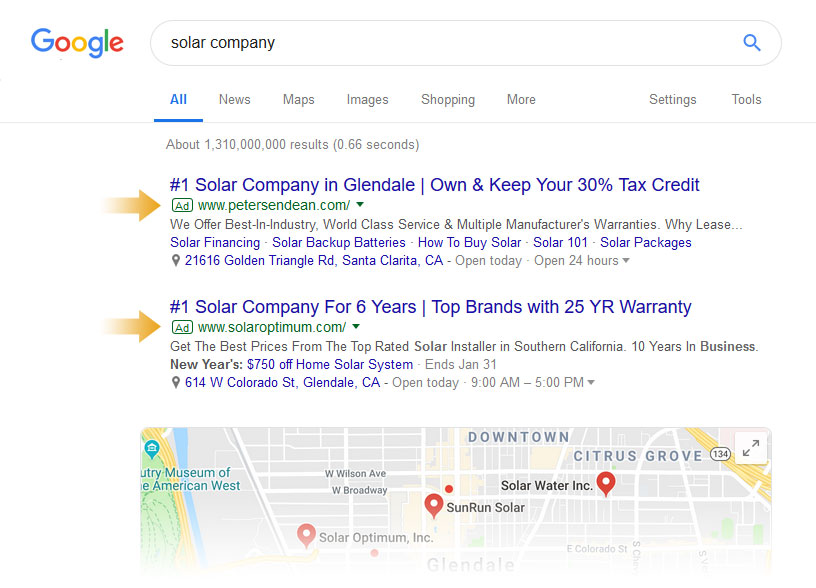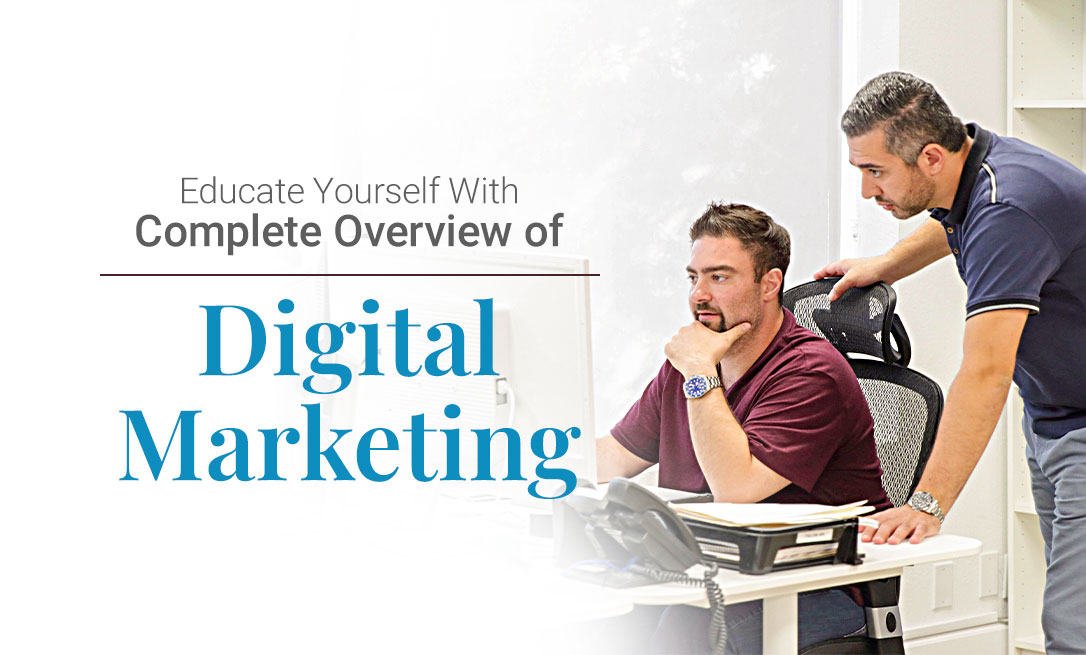The digital ad spend all over the world is predicted to reach over $375 billion by 2021.
What?!
Yeah, you read that right.
How did that happen?
It’s the result of how we have changed in the last two decades as customers, and how the marketing world has successfully adjusted to it.
Ask this question to yourself:
“How many of us, when an ad comes up on television, turn to our smartphones and check our feed on Facebook or Instagram?”
A far majority does.
This just shows one thing.
The traditional forms of marketing are dying, and there are businesses that don’t realize this. These businesses continue to spend millions on a television ads.
But nobody’s watching your ad.
Why?
It’s because of something we call the attention shift.
Seth Godin, one of the great marketing minds of the century, has said, “Marketing is a contest for people’s attention.”
The attention of people has shifted from the newspaper, radio, and television to screens they can hold in their hands all the time.
That’s why digital marketing has been so successful and continues to be the most powerful platform for marketing.
So, what exactly does the world of digital marketing entail, and how do we as entrepreneurs, business owners, and freelancers gain great leverage from it?
Let’s dive in.
Email Marketing

Where does our online communication happen?
A lot of it happens over Tweets, likes, and status updates. But email is a medium that has never lost our affinity.
205 billion emails are sent every day.
Not only that—it is expected that more than 3 billion people will use email by 2020.
But what exactly is email marketing?
It’s one of the forms of direct marketing that extensively uses electronic mail as a means of communicating commercial or promotional content to a targeted audience.
Email marketing is also reported to be the most effective marketing tactic after search engine marketing.
So, when did this all start? Back in the year 1971.
When Ray Tomlinson sent the first email, it marked the advent of modern communication.
This happened way before the World Wide Web came into existence.
Fascinating, isn’t it?
Although, at that time, all that the messages contained was numbers and characters.
But it’s amazing how quickly we have grown from there.
Email marketing today allows advertisers to reach their potential audience with personalized and highly-engaging content.
Not just that, business owners can respond to their customers in real time.
How?
With the help of automatically generated transactional emails.
This, in turn, helps brands to increase trust with their customers.
Are you ready to get started on your email marketing campaigns? Here’s our do’s and don’ts of email marketing that will help you get started.
Search Engine Optimization

There’s a saying which has been overused in the field of digital marketing: “If you build it, they will come.”
Well, to be honest, it isn’t that simple.
Building a business website does not mean that you will definitely get visitors.
When you create a business website, you want your audience to know about it as well.
That will happen when your audience finds you on search engines like Google.
And here’s a fun fact: Google doesn’t find your website magically.
You need to optimize your website content to make it easy for Google to understand and show it to your relevant audience.
How do you do that?
You use search engine optimization (SEO).
When you apply SEO strategies to your website, you are trying to rank higher on Google and other search engines.
And what happens when you rank high for a particular search query?
You start to get attention, which turns into website traffic.
Internet users most likely click on the first five website links of a Google search engine result page (SERP).

And when they click on yours, it’s showtime!
SEO improves the amount of organic traffic that your business website receives.
There are also tools that can track conversions, website traffic, and increase in rankings in order to provide quantifiable results.
It helps to get granular-level data about your potential customers, which will further help to refine your digital marketing campaigns.
We can’t stress enough the importance of SEO for your website and business.
And you always need to keep in mind: SEO is a long-term investment for your business. It isn’t something that you can simply turn off and on. There are real consequences to stopping your SEO that you should be aware of.
Paid Search Ads

Apart from SEO, there is another digital marketing strategy to improve your search engine visibility.
We call it paid search ads, or search engine marketing (SEM).
Basically, you’re paying the search engines to show your business website (impression) against a particular search query.
But what exactly are you paying for?
You only pay when someone clicks on your ad link and visits your website.
Isn’t that an effective marketing strategy?
It gives great results, that’s for sure.
Advertisers can set up their search engine marketing campaigns on major search marketing platforms, including:
- Google Ads
- Bing Ads
- Yahoo: Search Ads
Search engine marketing has the potential to generate some serious revenue for your business.
Research has shown that for every $1 spent on Google Ads, businesses make an average of $2 in revenue.
Search engine marketing typically has higher conversion rates because it is considered inbound marketing. Those users are actively searching for your type of product or service making it more likely they will convert after clicking your link.
SEM helps you grab the user’s attention at just the right time.
Not only is it quick to set up and implement, it’s also easily quantifiable and measurable.
Content Marketing
What helps your business the most?
Presenting your audience with valuable solutions to their problems.
And content marketing is all about providing information.
Sharing educational, entertaining, and insightful information is one of the greatest forms of marketing a business.
Is content marketing a quest to force a sales pitch?
Absolutely not.
It’s put in place in order to help people gradually move towards conversion.

What happens when you produce and market content that is relevant, valuable, and consistent?
It catches the audience’s attention and intrigues them to learn more about your business.
This helps your business establish itself as a dominating source of information.
People will start to perceive you as industry experts, and an authority in a particular business or market.
When it comes to producing content, always remember that depth is more important than width.
You can be producing a ton of content online, but it all must be valuable information.
Your business will gain an audience that trusts you more.
How?
By producing content that is rich in quality and has a huge value proposition.
And you’ll love this:
Content marketing costs a whopping 62% less than traditional marketing and generates about three times as many leads!
Great content will definitely help you build long-lasting relationships with your customers.
Why? Because a high-quality piece of content is just like a salesperson.
Blogs and videos are types of content that continue to generate leads after they’re published.
When your website has more content, it will cause your visitors to stay on your site for a longer time and engage with the content more.
And Google favors the websites that people love to visit.
The more time users spend on your website clicking through to various pages, the more Google understands that you are providing quality and relevant information.
So create engaging content for your website, and update more often!
This will help your website rise in the Google search ranking.
Not just that—content marketing activities like blogging also help your business bring in more qualified leads.
Social Media Marketing And Optimization

Look at the stats in the above infographic:
- Facebook users – 2 billion
- Instagram users – 1 billion
- Snapchat users – 186 million
- Twitter users – 326 million
- WhatsApp users – 900 million
- YouTube users – 1.5 billion
What if we told you that you can advertise your business to all these people?
Does that sound like a good deal?
Sure it does!
What if we told you that you can even choose the demographic that you desire to advertise your business?
That would be phenomenal, right?
That’s exactly what you can do with social media marketing.
Almost every social media network has its own advertising platform—such as Facebook Ads—which can be used to tap into the potential online user base.
But how do you do that?
You do that by producing content that resonates with your audience on the social media sites.
Advertising using the same high-quality content has proven to be highly effective.
It’s possible to reach millions of users using social media marketing.

Not only that, but social media has also proven to improve traffic on your business website.
Social media marketing plays an important role in your search rankings.
And that’s still not all. Social media marketing has a number of other great benefits for your business, involving:
- integrating social with your website
- ensuring consistency over all the social media channels
- targeting specific keywords in profile and posts, and other tasks
Affiliate Marketing
This digital marketing channel is one of the oldest forms of marketing.
As a matter of fact, more than 81% of brands all across the world use affiliate marketing programs to improve sales and revenue.
Herein, you refer or recommend someone to any online product or service.
That makes the person check out the product or service. If he or she likes it, they might make a purchase.

Is that it?
No. There’s a lot more to it.
When the person makes a purchase after your recommendation, you receive a commission.
The amount of commission can vary from a few dollars to $10,000. The amount depends on what niche you’re running your affiliate marketing campaigns for.
Here’s what exactly happens in the affiliate cycle:
- You—an affiliate—recommend a product to a visitor on your website.
- The visitor then lands on the affiliate site. From here, they are redirected to the merchant’s site.
- The person finally makes a purchase, and the merchant rewards the affiliate for their effort.
And how do you track all of this?
With the help of a tracking URL.
Companies track the record of the affiliate, as well as the traffic it produces for a merchant.
It is indeed one of the top customer acquisition methods using digital marketing today.
Quite impressive, isn’t it?
Display Advertising

What exactly is display advertising?
Online display advertising is a form of digital marketing that involves conveying a promotional or commercial message.
It is done visually using images, logos, text, and other graphic elements.
And ladies and gentlemen, it’s a goldmine!
Display advertisers make sure they understand the customer behavior of the targeted audience, and they then develop their display ads accordingly.
This improves the ad’s effect.
With the help of unique identifiers like cookies, advertisers today are well-equipped to track customer behavior.
This helps them to decide which ad set to serve to a particular consumer.
These tracking codes can track if a user left the site without completing a purchase, and the advertisers can later re-target the user with display ads on the sites user visits.
With such behavioral targeting that uses contextual and semantic advertising, display ads have changed the online marketing game forever.
Video Marketing

What makes more of an impact: a video or a still picture?
If you said “video”, you’re exactly right.
But why is that?
Video allows a business or brand to effectively employ the art of storytelling and attract user attention.
At this point, video is vital to your marketing campaign and you should definitely consider including it.
With video, you can cover all the major aspects of a subject, which helps users to make a decision.
Today, video has become the most consumed content format on the Internet.
It shares 75% of the content on social media, i.e., three out of every four posts you see on social media is a video.
When you use videos to advertise your business or brand, that is known as video marketing.
Testimonial videos, videos from live events, how-to videos, explanation videos, entertainment videos, viral videos, and corporate training videos are just some of the types of videos you can use to promote a brand.
Video marketing also helps your business when it comes to SEO.
When you publish a video on YouTube (which is owned by Google), make sure that it’s properly tagged and the right keywords are integrated into the meta.
Video also helps to boost conversion rates!
A study found that more than 57% of the online customers were more likely to make a purchase after watching a video.

An explanation video that demonstrates how your product works can do wonders for your business.
It’s easier to incorporate emotions in a video, which will help you build a direct appeal with the consumer.
Therefore, a video marketing campaign is definitely what your business should consider deploying.
Conclusion
The world of digital marketing is vast, and it’s still growing every day at a fierce velocity.
Businesses must realize that it’s their responsibility to figure out where their target audience lies.
It’s highly important for businesses to grab a user’s attention in the first 5-10 seconds when that visitor lands on their website.
It will only be possible when brands and businesses shift their mindset to digital and build marketing strategies around digital media.
Hopefully you now have a better understanding of what digital marketing entails and how your business can leverage it.



